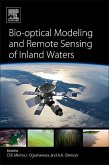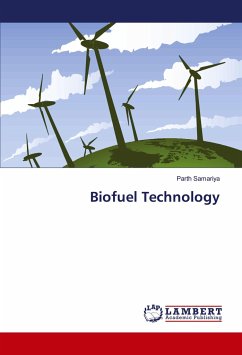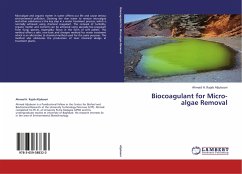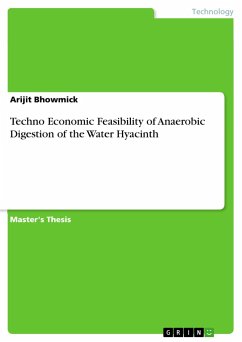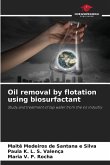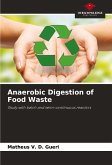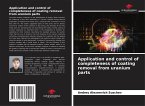The process generically known as stabilization ponds is one of the most widespread sewage treatment processes in the world. Because it is a low cost process of implementation and operational ease, the stabilization lagoons are very attractive, even when compared with the most modern treatment techniques. However, with the growing demand from environmental agencies for a better quality of effluents from treatment plants, the use of stabilization ponds becomes limited due to the frequent presence of suspended solids in the effluent due to algae. The suspended solids can cause undesirable consequences in the receiving body, such as the increase of oxygen demand in the same or the appearance of colour, odour and taste problems in the water, due to the presence of algae. Algae are extremely important in the treatment system, as they provide the oxygen for the bacteria to degrade the organic matter (natural symbiosis), but when the effluent leaves the treatment system the algae become an inconvenience. The removal of algae provides a better visual aspect and allows the reuse of the treated effluent.
Bitte wählen Sie Ihr Anliegen aus.
Rechnungen
Retourenschein anfordern
Bestellstatus
Storno


